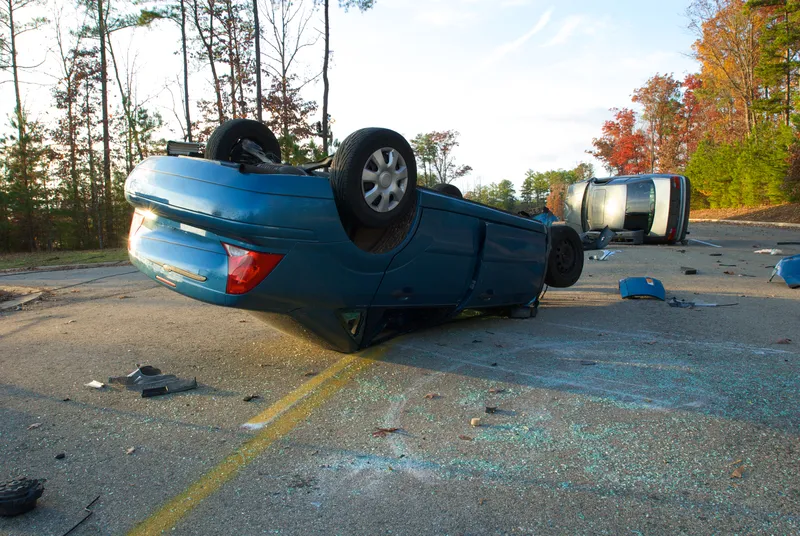According to the NTSB, more than 112,000 people died in speeding-related crashes in the United States from 2005 to 2014, averaging more than 10,000 deaths annually. This is on par with the number of drink-driving fatalities during the same period, the NTSB reported, yet receives far less attention.
In their recommendations, NTSB calls for a concerted effort to develop and implement a program to increase public awareness of speeding as a national traffic safety issue; modernisation of the traditional practices used to set speed limits to include explicit consideration of factors such as crash experience, pedestrian and bicyclist usage, and roadway and roadside development characteristics; increased use of automated speed enforcement and updated guidelines on implementing automated speed enforcement systems; and establishing national level programs to incentivize state and local speed management activities.
ITE president Shawn Leight said reducing speed-related fatalities and serious injuries is an important and complex issue, and road design and operation are key elements in making progress in driving the currently unacceptable numbers down.
"ITE looks forward to working with other safety stakeholders, including the
ITE applauds release of NTSB recommendations on speed-related crashes
The Institute of Transportation Engineers (ITE) has applauded the National Transportation Safety Board (NTSB) for the release of recommendations aimed at reducing speed and speeding-related deaths and injuries on US roads. According to the NTSB, more than 112,000 people died in speeding-related crashes in the United States from 2005 to 2014, averaging more than 10,000 deaths annually. This is on par with the number of drink-driving fatalities during the same period, the NTSB reported, yet receives far less
August 16, 2017
Read time: 2 mins
The 5667 Institute of Transportation Engineers (ITE) has applauded the 5628 National Transportation Safety Board (NTSB) for the release of recommendations aimed at reducing speed and speeding-related deaths and injuries on US roads.








